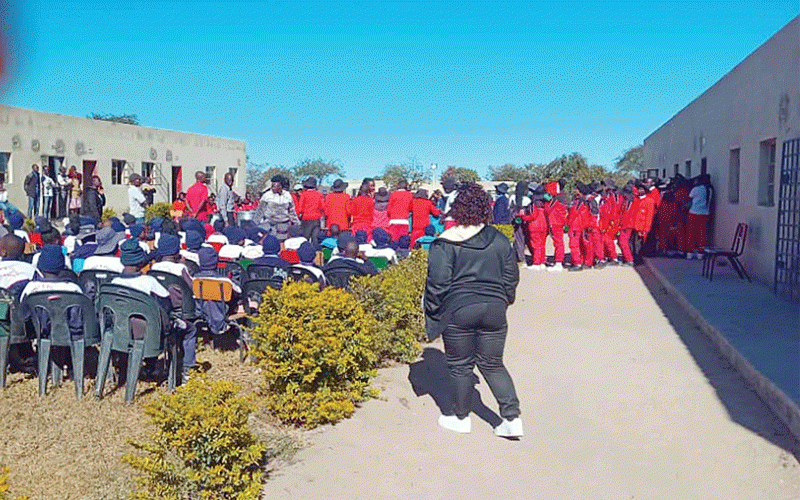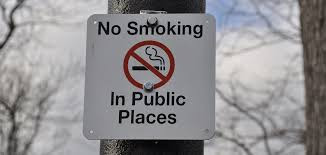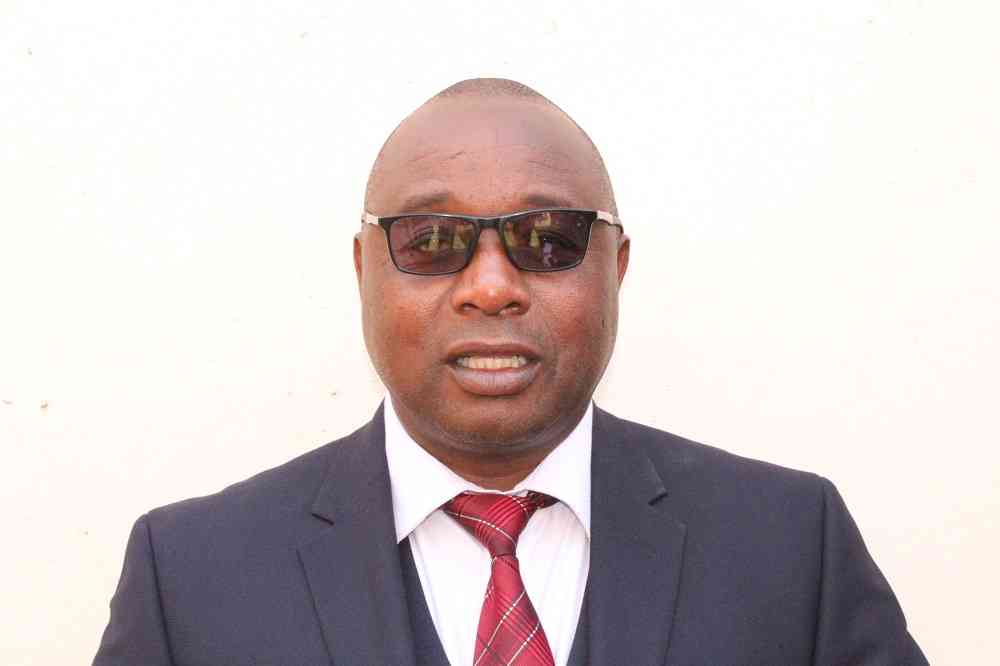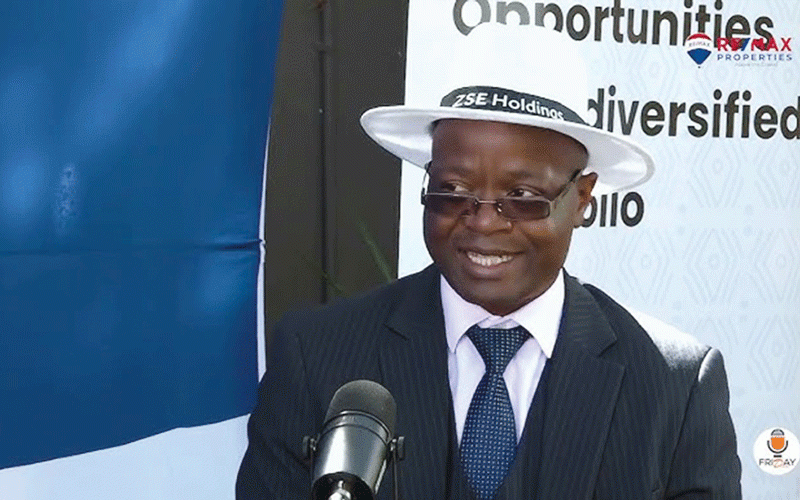ZIMBABWE’S tourism industry needs to continuously engage in infrastructure development in order to remain competitive, a Cabinet minister has said.
This comes as the tourism sector has an investment requirement of US$44,48 million this year which is expected to rise to US$48,78 million next year, according to the National Development Strategy 1.
Before the advent of COVID-19, in 2019, Zimbabwe’s annual tourism receipts were US$1,24 billion, a peak at the time. With restrictions in domestic and foreign travel, annual tourism receipts fell to US$359 million in 2020 and US$397 million in 2021.
“Nation branding is key for the destination to be competitive: We need to continuously collaborate and benchmark with other destinations to improve on our tourism offerings. The tourism sector needs to continuously improve on tourism infrastructure so as to remain competitive through affordable lines of credit,” Tourism minister Nqobizitha Mangaliso Ndhlovu said in an interview with NewsDay Business.
“There is a need to streamline our licensing regime. Maintain ongoing engagement with tourism players to reassure prospective investors of opportunities available in Zimbabwe. Develop new tourism products, as the sector firms up new international and regional trends such as the rise in travel for the millennials post-COVID-19 pandemic.”
According to the ministry, domestic travel has rebounded through the ZimBho/IZimYami Campaign since 2020 which is promoting domestic travel and has seen an increase in the number of people entering national parks and other recreational facilities.
Keep Reading
- Young entrepreneur dreams big
- Chibuku NeShamwari holds onto ethos of culture
- Health talk: Be wary of measles, its a deadly disease
- Macheso, Dhewa inspired me: Chinembiri
Since the inception of the campaign, entries into national parks increased to 251 088 in 2021 compared to 173 714 in 2020.
The minister disclosed that revenue in Zimbabwe’s tourism industry rose by 121% to US$337,5 million during the first half of this year, compared to US$152,8 million during the same period in 2021.
Ndhlovu also said aggressive destination marketing needed to be pursued to increase visibility locally and abroad.
The minister was speaking ahead of the ‘Sanganai/Hlanganani World Tourism Expo, an annual event meant to attract investors both locally and internationally to be held from October 13 to 15 in Bulawayo.
Over 150 exhibitors have registered to participate at the expo, including from Rwanda, South Africa, Zambia, Botswana and Malawi, among other nations.
Announcing the expo dates last week, Zimbabwe Tourism Authority chief executive officer Winnie Muchanyuka said the industry was showing signs of recovery as evidenced by the increase in arrivals from international destinations in the first half of 2022. Ndhlovu said tourism was vulnerable to non-productive taxation that essentially discriminated against travellers and or travel companies in relation to goods and services similarly offered in other sectors.
“COVID-19 pandemic demonstrated how countries with a stronger domestic component are able to weather storms in the event of diminished international travel compared to countries that solely rely on international tourism receipts,” Ndhlovu said.
“The National Tourism Recovery and Growth Strategy was born out of the hard lessons we learnt during this period.”
- Follow Freemanmakopa on Twitter @freemanmakopa





